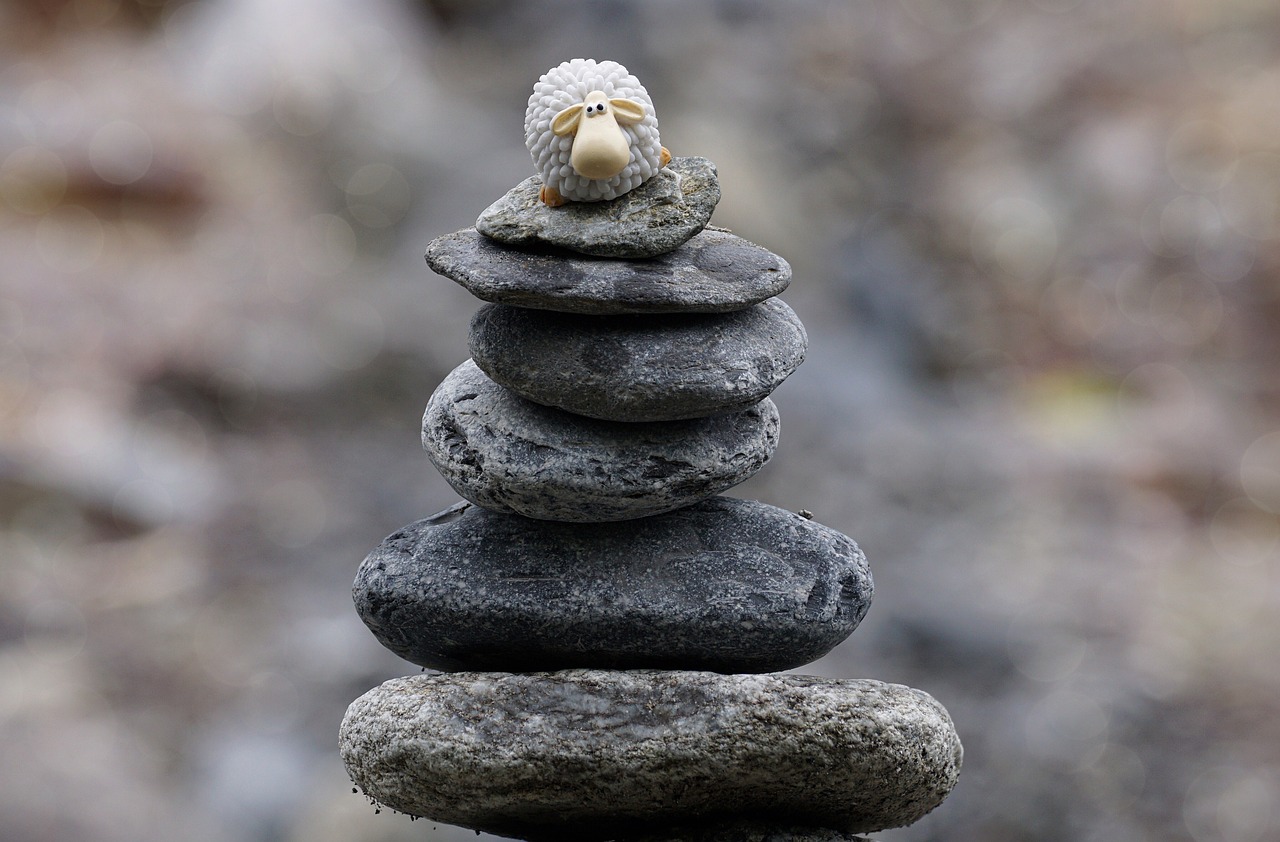Introduction:
Finding balance in our hectic, fast-paced environment can be difficult. It’s easy to feel overburdened and that you’re always juggling different facets of your life due to the pressures of job, family, and personal interests. However, developing excellent habits that support balance is the secret to living a more contented and peaceful life. We’ll look at key practices in this blog that you can adopt daily to lead a more well-rounded existence.
Prioritize Self-Care:
Making self-care a priority is not a luxury; rather, it is an essential requirement for preserving one’s physical, mental, and emotional well. It’s simple to prioritize fulfilling requests from others over taking care of our own needs in a fast-paced, responsibility-filled environment. However, skipping out on self-care can result in stress, burnout, and a reduction in general health. Prioritizing self-care is essential for living a healthy and satisfying life.
The term “self-care” refers to a broad category of actions and routines intended to nourish oneself. It can entail doing basic everyday tasks like eating a balanced meal, exercising on a regular basis, and getting enough sleep. It also covers more all-encompassing techniques like mindfulness, meditation, and establishing appropriate boundaries. These self-care techniques assist in lowering stress, increasing resilience, and improving.
Keep Up a Healthful Routine:
Creating a daily schedule can give your life direction and consistency. A balanced schedule that incorporates enough sleep, consistent exercise, and nutritious food is important to maintain. You can achieve balance by adopting these practices that support your general health and vigor.
Set Clear Goals and Priorities:
To maintain balance, you must set clear goals and priorities in your personal and professional life. Define what truly matters to you and allocate your time and energy accordingly. By doing so, you can avoid feeling overwhelmed by less important tasks and focus on what aligns with your long-term objectives.
Practice mindfulness:
Widely acknowledged and well-liked in recent years for its deep advantages to mental and emotional well-being, mindfulness is an age-old practice with roots in Buddhist traditions. Practicing mindfulness can offer a haven of calm, present, and self-awareness in a world full of ceaseless distractions and the never-ending rush of modern life.
Being totally present in the moment while objectively monitoring your thoughts, feelings, and sensations is the art of mindfulness. It entails making a conscious decision to put less emphasis on worrying about the past or the future and more emphasis on the present. This technique promotes a non-reactive awareness, which enables you to handle life’s obstacles with
Learn to Say No:
One of the most challenging habits to adopt is learning to say no when necessary. Overcommitting yourself can lead to stress and imbalance. By setting boundaries and declining commitments that don’t align with your priorities, you free up time and energy for the things that matter most.
Cultivate Positive Relationships:
A balanced existence depends on establishing and preserving good relationships. Be in the company of positive, encouraging individuals. Good relationships can improve your general well-being by giving you a sense of belonging and emotional support.
Embrace Minimalism:
The minimalist lifestyle focuses on decluttering and simplifying your life. By reducing material possessions and focusing on what truly brings you joy, you can free yourself from the burden of excess and lead a more balanced and intentional life.
Seek Continuous Learning:
Adopt a growth mindset and make a habit of continuous learning. Whether it’s taking up a new hobby, pursuing further education, or learning from life experiences, personal growth can enhance your sense of purpose and balance.
Practice Gratitude:
Make it a habit to thank God for all the good things in your life. You may keep a good outlook even in the face of adversity by keeping a gratitude book or just pausing to think about what you must be grateful for.
Flexibility and Adaptability:
In a rapidly changing world, it’s essential to remain flexible and adaptable. Life often throws unexpected challenges our way, and being able to adjust and roll with the punches can help you maintain balance in the face of adversity.
Conclusion:
Living a balanced life is an ongoing process that requires conscious effort and the development of positive habits. By prioritizing self-care, setting clear goals, and fostering positive relationships, you can create a life that is more fulfilling, harmonious, and in tune with your values. Embracing these great habits can set you on a path to greater balance and well-being, allowing you to navigate life’s ups and downs with grace and resilience.
